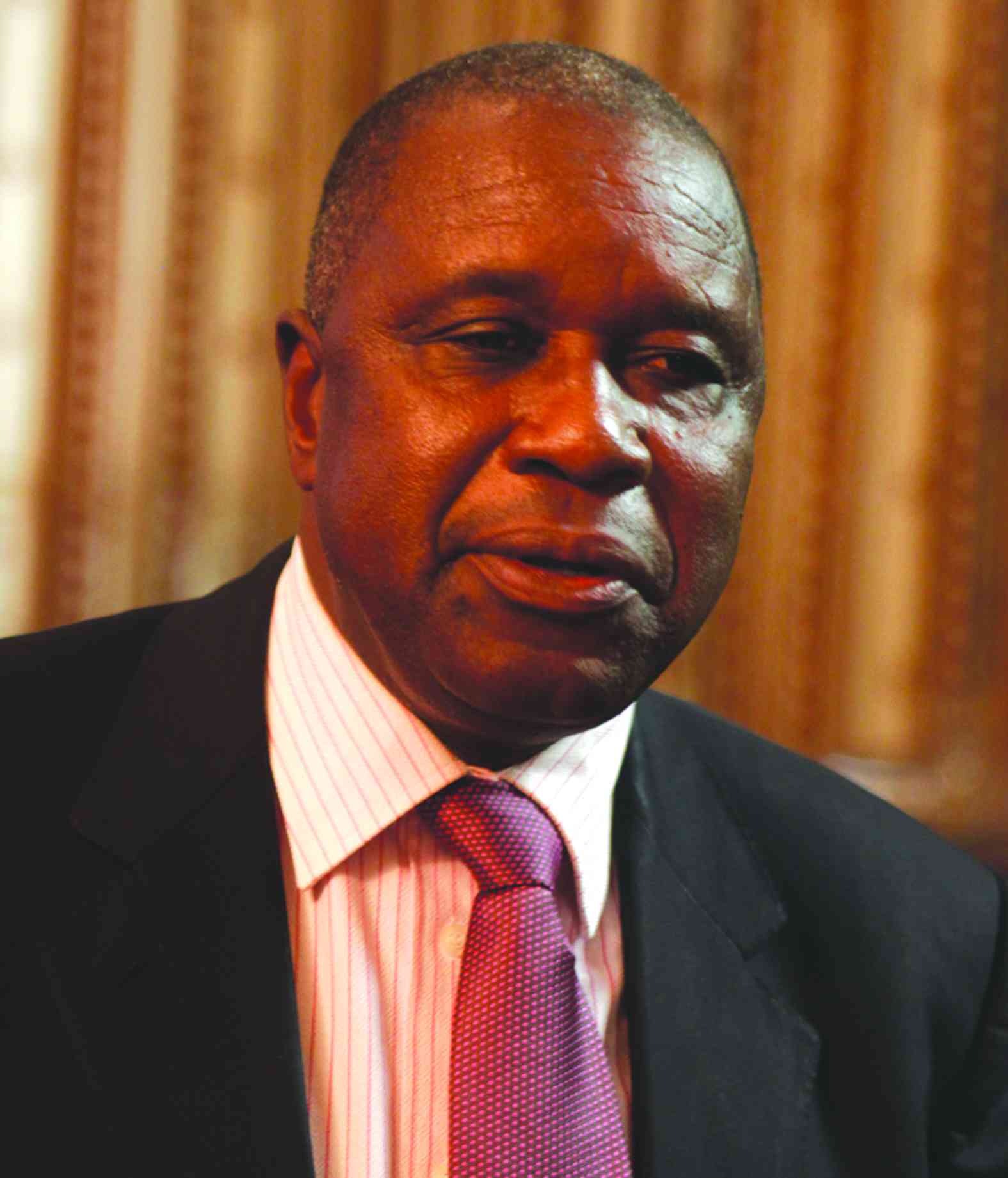
There are times past l have read novelettes whose silent, but resounding words have furtively coalesced, boomed, and echoed explosively through my arts' ravenous mind contours
Well, now when l curiously thumbed through Tatenda Unika Kombora's I loved a dictator, l was both captivated and overwhelmed by her emblazoned revolutionary black ink, festooned unrepentantly across life's antagonistic pages.
Unika's poignant work cascades unstoppably out of her cogitative and balanced thought processes.
She writes in the ameliorative but austere narrative, lamenting about her beloved autarchy country, epitomised as a vast garrisoned walled prison. Its ignoble citizenry wallow under the oppressive dark shadows of a deiformed dictator.
Here, the writer's assiduous lines aim and swords against the dolorous realities of the country's debased penury existence, peasantry disavowed tolerance, repressed autonomy, eternal avarice and overbearing authoritarian system.
In the book, readers are hauled on a dicephalous prison tour (oppressive country): on one hand revealing mass differential suffering, and on the other exposing dark, disloyal elite hands responsible for the disfranchised poli-tickal systems and deleterious rulership.
The incessant effeted poor feel hapless, stuck, as it were, beyond incarnated thick Jericho walls. Unika's portrayal of the impious system ignites the mind to hypnotic but grandiose, furtive patriotism gravid with extramundane diatribes and activism.
The story is fecund with dry tension as it boldly traverses beguiled social terrains, peels clandestine totalitarian mazes, plunders elitists' dander and makes a public spectacle of power-mongering.
I could envision a glib film reeling across my mind as l quietly savored this timely offering. George Orwell's Animal Farm breezed through my mind on the read. To be emasculated becomes the downfall of a people. To rise, inspired by the formidable desire for liberty, becomes the foundation for permanent freedom. Likewise, as she bleakly pointed out in chapter 2, to be smoke screened by blind love and adoration of oppressive rulers, due to their blether oratory deceits, is the undoing of a great nation. I quote: 'My heart was so shattered that l was left more in search of answers. Who was the man l had looked up to for the past seventeen years and given my heart and devotion too?'
Written in the first person, through the eyes of the oppressed, the book repudiates disrated national systems. Kombora elucidates the thin mortal lines between social emancipation precipitated by perceived though down-trodden autonomy and the cunningly crafted perseverance of established hegemony.
Her stinging but truthful lines bemoan the treachery of capricious rulership. Her dripping cardinal words hinge on a heartfelt desire for elusive justice. This is made apparent in Chapter 1 of the novelette
I quote: 'Perhaps, now that l think of it, the fact that we were on a recovery trajectory for years on end but with no actual change on the ground should have raised some suspicions.'
Indeed, she brings to the fore societal awareness dissuaded from mental slavery instigated by prison chiefs - the oppressors.
I could read the book repeatedly.
I presume tyranny is an assimilated ideology the prudent do well to act wise through observance and subsequent pruning off from their mindsets. Kombora is a rising hand at the art of mastering the novelette genre. I sincerely recommend this book to everyone whose heart is demissioned from imperious inclinations.
*About reviewer
Temba Munsaka is an avid reader and writer. He is motivated by writers who tackle issues that bedevil society today. Temba is a novelist, poet and active academic. His poetic pieces are political and seek to conscientise Africa of civil liberties and what it takes to make a balanced human being. He remains apolitical and continues to write what he wants. He can be reached at drtemba@icloud.com
About author
Tatenda Unika Kombora is a recipient of the Africa24 Media House scholarship in Kenya, a feminist, author, award-winning Blogger, and development practitioner. She has authored I loved a Dictator and has produced various shows including On Her Throne, a show that looked at the interactions of female politicians with the political landscape in Zimbabwe. As a writer, she has produced multiple pieces on women, politics and the natural resource governance sector.
Are you a book reviewer contact khumbulani@heartandsoul.co.zw










